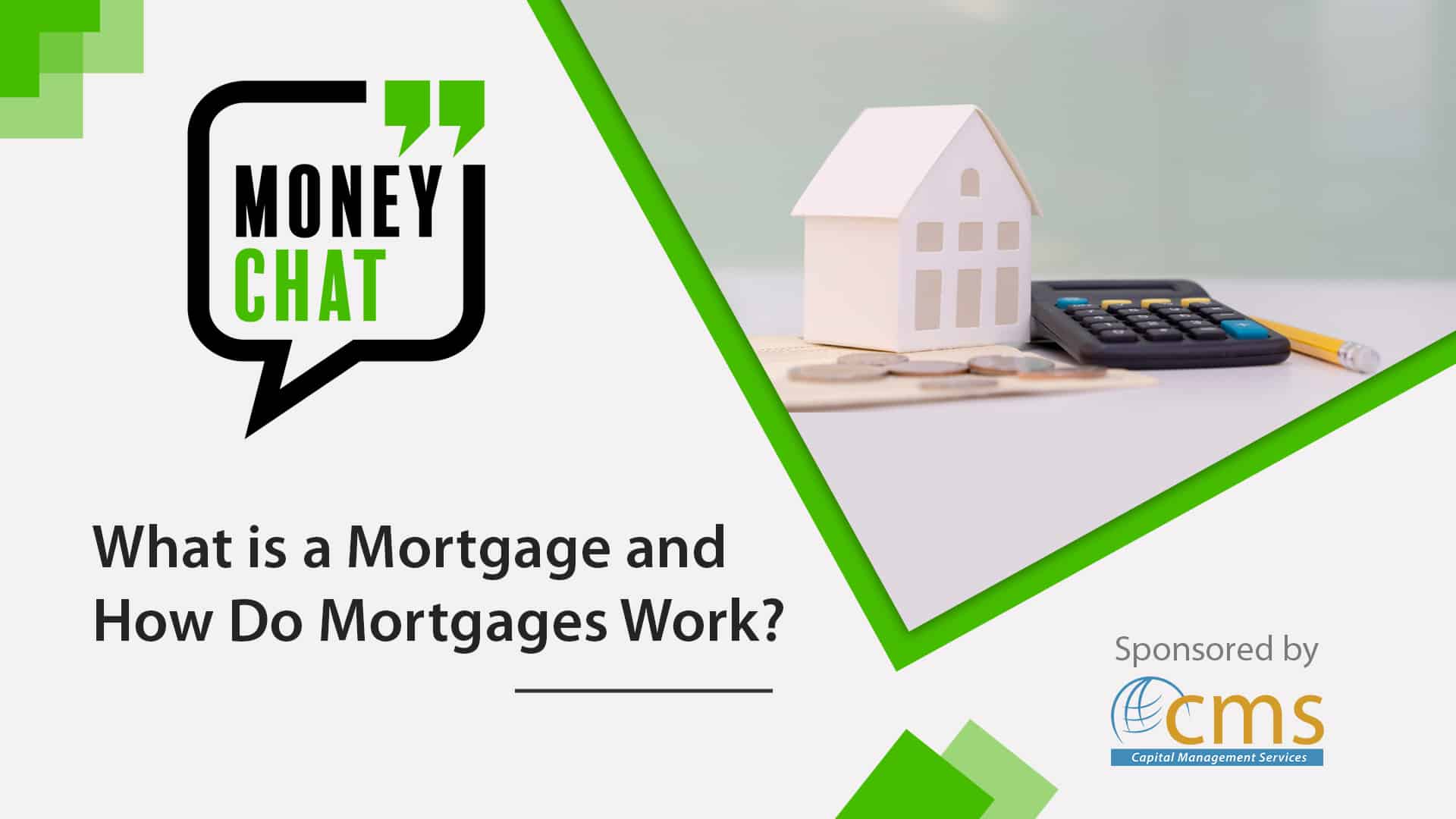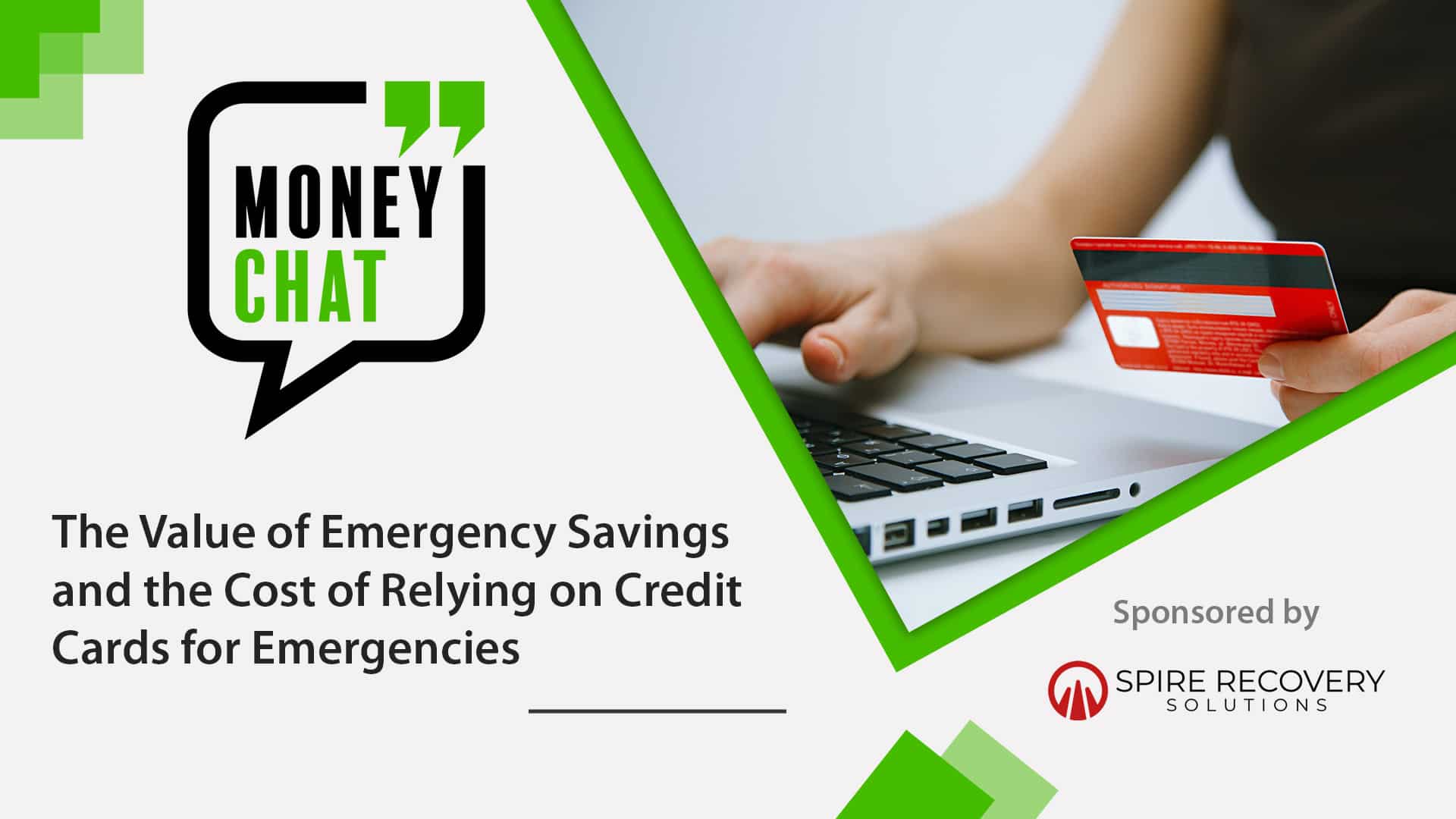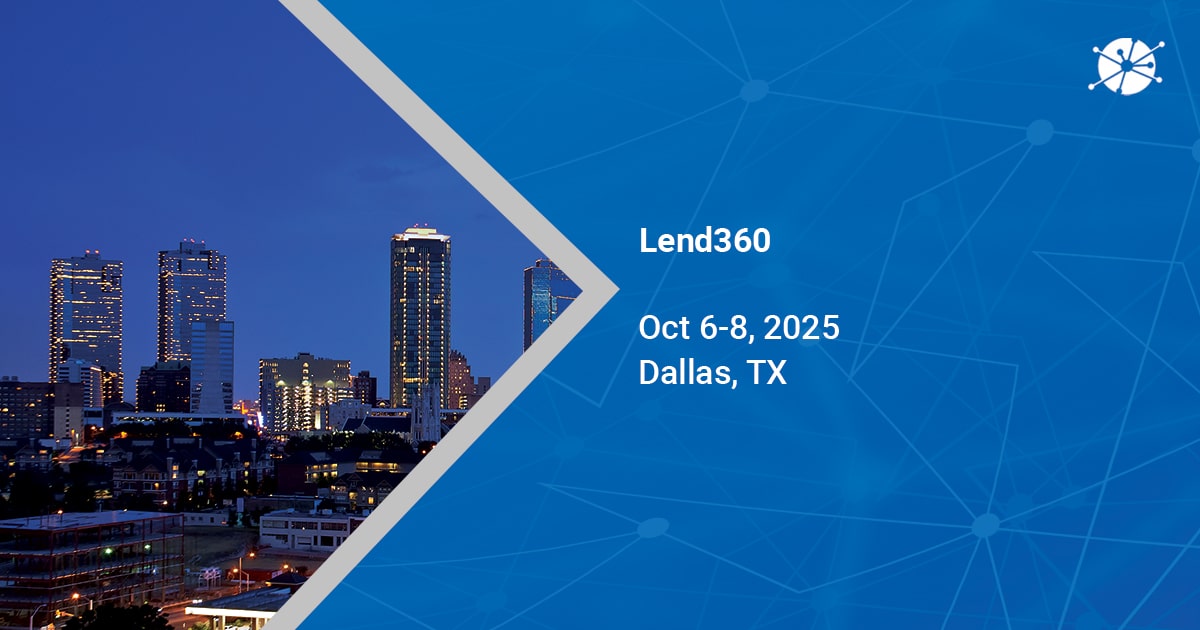
What is a Mortgage and How Do Mortgages Work?
If you’re considering buying a home, maybe you’ve started browsing listings on popular real estate websites and attempted to schedule a showing, only to learn that the agent won’t spend time on showings without your mortgage pre-approval. Buying a home is a lengthy process with many steps, and in most cases, it starts with a pre-approval for a mortgage loan. A mortgage is a type of loan specifically designed for buying a house or other type of real estate property such as land or a building. But how do you get a mortgage and where do you start?
The purpose of this Money Chat is to provide first-time homebuyers or interested consumers a basic understanding of what a mortgage loan is, and how mortgages work.
Financing a Home
Anytime you make a large purchase, such as a vehicle or house, and don’t have the cash up front, the difference between the purchase price and the cash up front needs to be filled in. That’s where loans can help. Most people don’t have hundreds of thousands of dollars in savings, so they need to purchase a home through financing (borrowing) from a lender. The lender pays the seller the sale price (or sale price minus your down payment) so that you can purchase the property. Then you repay the lender in monthly installments. If you don’t make your payments, the property is still collateral. In other words, you can become a homeowner, but still owe the lender until the loan is paid off. That’s the reality for most people who “own” their home.
How Credit Score & Interest Rate Affect a Home Loan
Why would any financial institution be willing to lend such a large amount of money? There are a few reasons, including interest and credit scores. Before lending money, creditors check your credit score to be sure you are likely to make your payments. Credit history and credit scores help determine, based on the last several years, your likelihood to pay. If you don’t know your credit score or haven’t checked your credit report, it’s a good idea to take some time to understand consumer credit. You’re legally entitled to a free credit report every year. Your free credit report can be found on AnnualCreditReport.com. A good or excellent credit score will help you qualify for better interest rates on a mortgage loan. Lenders make money by collecting interest. If your credit score is too low, you may not qualify for a mortgage and may need to take time to improve your credit before shopping for a home. That’s why pre-approval is important; It helps potential homebuyers find out whether it’s worth the time to start home shopping, and what the purchase price range will be.
Monthly Payments
Calculating how much you can afford to spend on a home means budgeting your monthly payment. Based on the estimated purchase price, interest, and down payment, what will a monthly payment look like for your budget? It’s important to have a good idea of what you can afford before deciding where to look and what to look for. There are multiple free mortgage payment calculators available if you type “mortgage calculator” in your search engine. Adjusting the numbers on each of those factors—down payment, purchase price, and interest rate—can make a big difference in the estimated monthly payment. It can be helpful to play with the numbers to determine a realistic range for your situation.
Loan Terms
Adjusting the loan terms can also make a big difference in your monthly payment. A fixed-rate loan with a 15-year term will mean you pay off your loan faster and pay less total over the life of the loan, while a fixed-rate loan with a 30-year term will mean you have a lower monthly payment but pay a higher total over the life of the loan. 30-year fixed-rate loans are popular for first-time homebuyers because they guarantee the interest rate will not change over the life of the loan, and allow more room in the budget. Many people with a 30-year fixed-rate mortgage still choose to pay more on the principal each month when possible, but prefer the flexibility of a lower monthly payment for months when paying extra isn’t possible. There are also adjustable-rate mortgages, but these can be risky.
Loan Types & PMI
Depending on how much money down you plan to have at closing, where you plan to buy, and other factors, different types of mortgages are available. Common types are FHA, VA, USDA, and Conventional. Your lender can help you determine what might be best for you and your financial situation, and the types for which you qualify. There are options available for smaller down payments if you don’t have much cash available up front, but keep in mind that will likely mean a higher Annual Percentage Rate (APR) due to mortgage insurance. Mortgage insurance is a way of guaranteeing the lender isn’t exposed to too much loss if you don’t make your payments. If you are making a down payment of less than 20% of the purchase price, you will likely be required to pay private mortgage insurance (PMI) as part of your monthly payment, regardless of your credit score. Once you’ve paid 20%, you can have the PMI removed.
Escrow
In addition to PMI, there are usually other expenses associated with your monthly mortgage payment, including homeowner’s insurance and property taxes. It’s a good idea to communicate with your lender for a realistic estimate of monthly payments, as those additional factors can make the monthly payment higher than expected. It’s always better to over-budget than to under-budget. Many people choose to allow the mortgage service provider to handle those payments. Mortgage servicers know how to communicate with county tax authorities and insurance companies to ensure those critical recurring payments are made on time, in the right amounts, to the right places. Those payments come from a designated escrow account, which is money set aside for those items and handled by your mortgage service provider. That way, all you have to do is make your monthly mortgage payment with the assurance that those critical payments associated with your home are also being made.
Learn More
Buying a home is often the largest purchase a person makes in his or her lifetime, with the longest repayment terms to the loan. It’s a highly personal, significant process with lots of time and paperwork involved. Taking the time to research and understand everything to expect can provide clarity, reduce stress, and help everything go more smoothly. If you want to learn more about this topic, or other financial literacy topics, please visit the Receivables Info Resources Page.
Have an idea for a Money Chat topic?
We want to hear from you! If you have a suggestion for a future Money Chat topic, please email us at [email protected].
The information contained in this article is meant to serve as general guidance for consumers and not meant to serve as comprehensive financial advice. For questions about your individual circumstance, finances, or accounts, please contact your creditor(s) and/or financial advisor directly.
Thank you to our Sponsor
Capital Management Services, LP is a nationally licensed collection agency headquartered in Buffalo, NY that provides the highest quality of proven recovery and project solutions across the financial industry. We maintain our reputation as a proven leader and performer through our attention to detail and tailoring our strategies to meet the unique needs of each portfolio or project. We are proud of our ability to consistently surpass all industry standards for quality and provide outstanding services that add strategic value to every client partnership.









